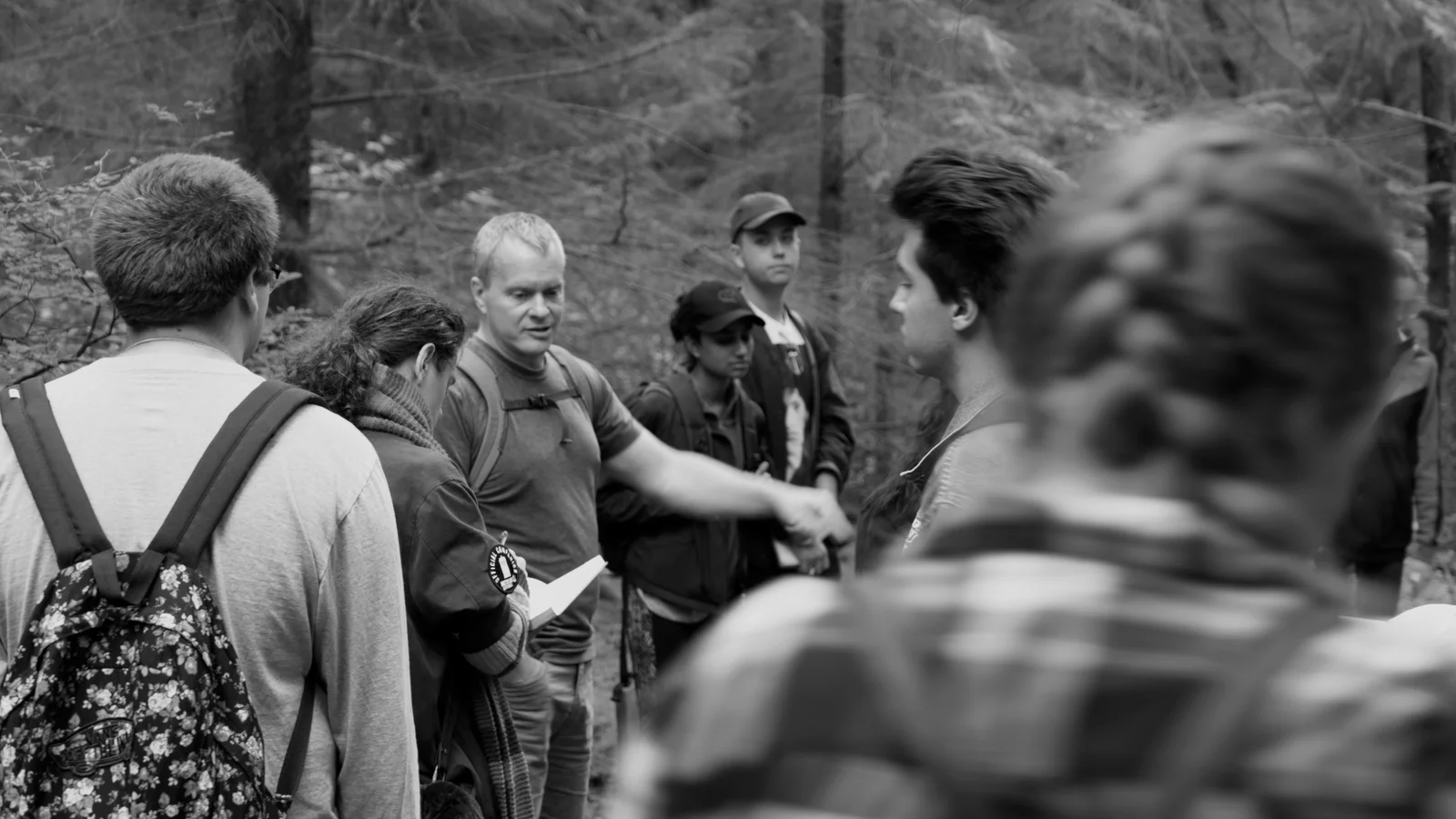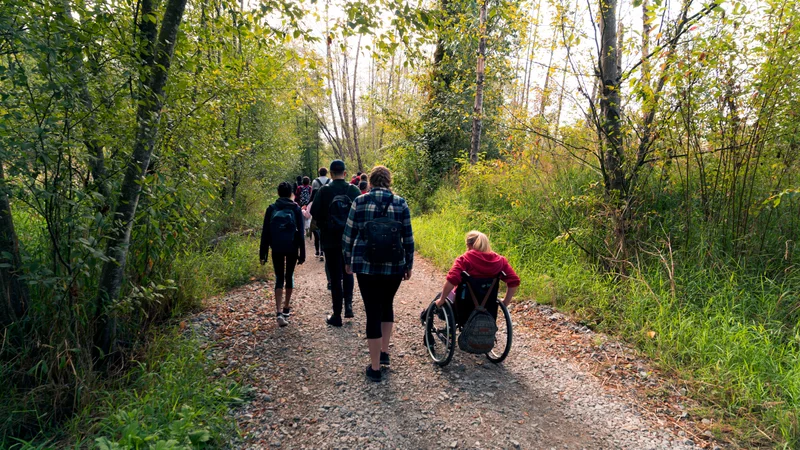Working with groups is immensely rewarding and uniquely challenging, requiring of the facilitator a particular blend of professional skills and self-awareness that develops only through practice and experiment. This training is designed to offer learners a wide spectrum of both theoretical and experiential approaches to group work, focusing especially on core facilitation skills.
We will examine group dynamics and evolution, interpersonal relationships (e.g. conflicts, alliances and other structures), leadership styles, curriculum development, and the role of health and healing practices. Particular attention is given to developing effective facilitation strategies through achieving greater self-awareness and active sensing. Participants will also learn about the emerging models of group work which focus on collaboration, community-building and creativity.
Learning Goals
- To experience and utilize the group format as a context for personal growth and change.
- To become familiar with current applications and theories of group work, with particular emphasis on the group as a dynamic, nonlinear, and creative system.
- To explore multicultural, decolonial, and alternative approaches to group work, with an emphasis on understanding the role of culture within the group format.
- To examine the relationship between facilitation skills and self-awareness.
- To build effective facilitation skills for improving outcomes, enhancing the experiences of group members, and reducing the risks and harms common to unfacilitated or poorly facilitated groups.
Curriculum
- Self-awareness and self-regulation for the facilitator
- Core skills: grounding, centering, boundaries
- The group environment as the teacher
- An ecological and constraints-led approach
- Repetition without repetition
- Designing for outcomes
- Themes, challenges, and healthy stress
- Nonlinear pedagogy
- Encouraging unique and personal solutions
- The many uses of creativity
- Alternate environments and practices
- Cultural approaches
- Structure and planning
- Dealing with intensity, conflict, and discomfort
- Navigating trauma
- Ongoing professional development
Fees
The base fee for this workshop is $4500 plus GST (plus travel, if required). Social service organizations may qualify for a discount.






